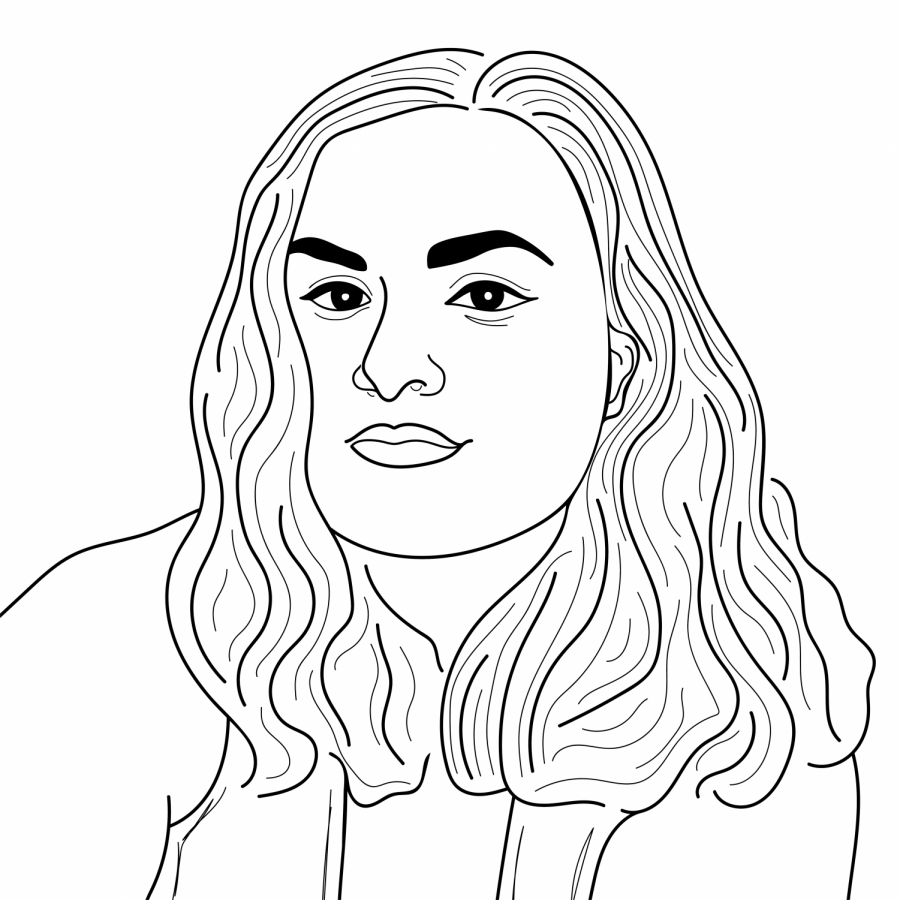It’s the holiday season: the time of the year where people look forward to spending time with their families, friends and pets. College students let out a sigh of relief as finals end and they get to go home for a month of rest and relaxation. But — as with everything this year — the end of 2020 is different.
According to the New York Times, as of Nov. 29, 266,732 people have died from COVID-19 and more than 91,000 are hospitalized. We cannot gather with our friends and families, much less travel to see them without risking the lives and health of our loved ones. This means a somber end to 2020, as I personally would love to spend Christmas with my extended family. However, there seems to be hope in the air.
On Nov. 18, Pfizer and BioNTech announced that they had concluded testing the vaccine they created to combat COVID-19. The vaccine is 95% effective across different ages, genders, races and ethnicities, creating a sense of excitement as people all over the world crave an end to this virus and nightmare of a year.
However, as exciting as this is, a vaccine doesn’t change the fact that more than a quarter of a million people across the United States have died as a result of COVID-19. Even after people have begun to take the vaccine and the country attempts to return to normalcy, it will quickly become apparent that a gaping hole has been left by this virus. A vaccine won’t bring back the people who couldn’t be around their families as they died in the hospital.
And even though the vaccine has been successful in trial runs, there is still a very small and rare chance that the virus will mutate and become even deadlier. Because COVID-19 is an RNA virus, it will continue to change. According to a Heathline article, COVID-19 has been mutating over the past few months, though these mutations aren’t drastically different from the original virus. Though these mutations are more likely to result in a weaker virus, there is still cause for concern.
The vaccine will also not be available to everyone at the same time. There is debate over who will receive the vaccine first, but the general consensus seems to be that healthcare workers and the elderly will be the number one priority when the vaccine starts to be distributed. This means that people who are not part of those populations will have to wait longer to receive the vaccine and must continue to socially distance.
Additionally, not everyone is so eager to take this vaccine or even have it available to the masses. An ABC News/Washington Post poll shows that while 71% of Americans will get a vaccine if it is made available, 40% of Americans who identify as Republican say they won’t or probably won’t get one. Meanwhile, 81% of their Democrat counterparts said they will or probably will receive a vaccine if it becomes available. The number of people who will not receive a vaccine because of political affiliations boggles my mind. A virus should not be a political issue.
Don’t get me wrong, as soon as a vaccine is released, I will get it in a heartbeat. I just think it’s important for people to realize life isn’t going to go back to normal just because there is now a solution to the virus. We need to continue to social distance and follow guidelines — because many others aren’t.














bannedsmoker
Nov 30, 2020 at 3:10 pm
Repeat after me – Democratic counterparts.